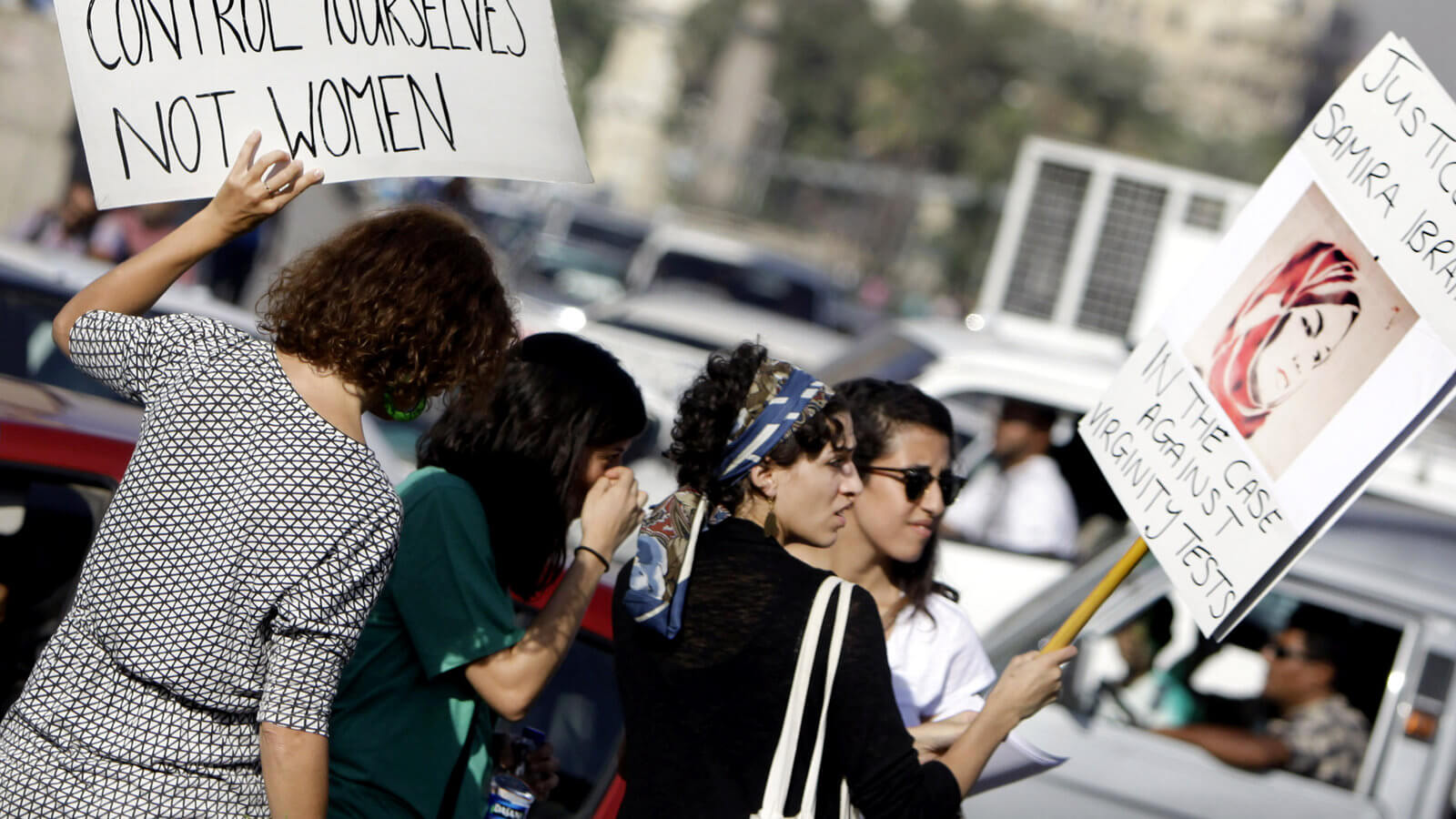On Thursday, Agnes Callamard, the United Nations (UN) special rapporteur on extrajudicial, summary, or arbitrary executions urged UN Human Rights Council (UNHRC) member states to pressurize Saudi Arabia into releasing its women activists.
Ever since the Kingdom lifted its ban on female drivers in 2018, several prominent women’s rights activists were detained and round up as a part of Crown Prince Mohammad bin Salman’s crackdown on dissenting journalists, intellectuals, and clerics. Many of the women arrested have alleged sexual assault and torture while in detention. Of course, Saudi officials have denied these allegations, stating that the detainees had harmed the Kingdom’s interests and supported hostile foreign elements. Following the murder of renowned journalist Jamal Khashoggi in Saudi’s Istanbul consulate, these cases have received widespread attention.
See also: UK Sanctions Russian, Saudi, Myanmar, and North Korean Individuals and Organizations
The family of Loujain al-Hathloul, a prominent activist who is in detention, reported that they were unable to contact her for weeks earlier this year. Callamard urged member states to pressure Saudi into releasing the women prisoners, who are human rights defenders in jail for “demanding the right to drive.” Saudi Arabia has made no immediate comment on the same. Given that Riyadh is set to host this November’s G20 Summit, it is hoped that diplomatic pressure will force the Saudi leadership to accede to certain human rights demands so as to preserve or enhance its diplomatic capital.
In a win for women’s rights in the Middle East, however, the Egyptian cabinet on Wednesday passed a draft bill granting anonymity to victims of sexually-charged crimes. This is a landmark move, since almost every Egyptian woman faces sexual harassment, with victims often too afraid of the social stigma attached to reporting such crimes. The passing of this bill is attributed to the resurgence of an online campaign, similar to the #MeToo movement, wherein an Instagram account under the name Assault Police published dozens of accounts of rape, harassment, and blackmail by a certain Ahmed Bassam Zaki, a wealthy student.
Subsequently, Zaki was arrested on Monday, with the Egyptian public prosecutor charging him for the “indecent assault” of “at least three women”, one of whom was a minor when the crime occurred. In 2014, Egypt had criminalized verbal and physical harassment.
At the same time, across the world in the United States, a new Supreme Court judgment upheld President Donald Trump-led administration’s efforts in allowing institutions and employers to withhold certain medical care from insurance covers if it contradicts their religious or personal beliefs, especially in terms of oral contraceptives. Justice Clarence Thomas wrote, “We hold that the [Trump administration] had the authority to provide exemptions from the regulatory contraceptive requirements for employers with religious and conscientious objections.” This is a major step back for women’s reproductive rights, especially in a Western liberal democracy where Conservative legislators and pro-life lobbies have systematically attempted to control women’s bodies by denying access to contraceptives and pregnancy termination.
Image Source: The New York Times

